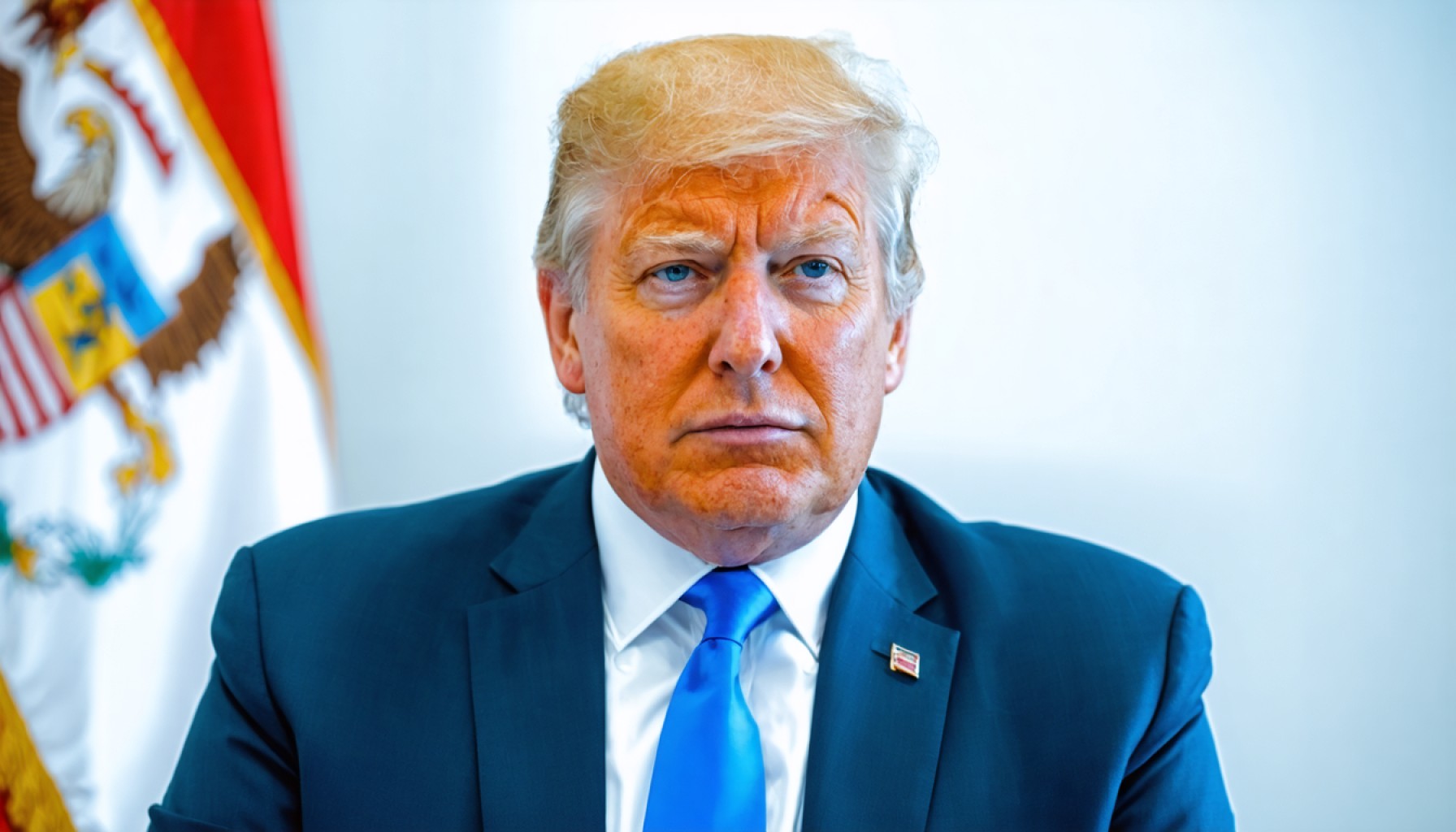- Jiang Chaoliang, Deputy Director of the Agriculture and Rural Affairs Committee, is under investigation for alleged misconduct.
- The Central Commission for Discipline Inspection and the National Supervisory Commission are conducting the investigation.
- Jiang’s career includes significant roles such as Governor of Jilin Province and Party Secretary of Hubei Province.
- The investigation explores themes of power, influence, and accountability in governance.
- This case highlights the importance of transparency and trust in public service.
- The outcome of the investigation may impact perceptions of ethics in Chinese governance.
- The situation emphasizes that accountability is critical in maintaining the integrity of political leaders.
The political sphere quakes as a top-ranking Chinese official finds himself under the unforgiving spotlight of an official investigation. At the heart of this unfolding drama stands Jiang Chaoliang, the esteemed Deputy Director of the Agriculture and Rural Affairs Committee, now entangled in allegations of significant misconduct. The watchdog organizations, Central Commission for Discipline Inspection and the National Supervisory Commission, are meticulously examining the claims.
Born in August 1957, Jiang’s career has been marked by influential roles, including his leadership as Governor of Jilin Province and Party Secretary of Hubei Province. His trajectory has exemplified the path of a typical Chinese official, ascending steadily through ranks, each new position echoing with greater responsibility and trust. Yet today, Jiang’s illustrious career hangs in the balance, shadowed by accusations that threaten to unravel years of dedicated public service.
Visualize the scene: behind closed doors, investigators delve deep, piecing together evidence, untangling the web of power and influence. Each thread pulled might lead to revelations or ruin. The process takes on the cadence of a courtroom drama, every disclosed detail echoing the potential downfall of a figure once thought untouchable.
The image of Jiang as a stalwart of political integrity clashes sharply with the specter of misconduct, stirring discussions on transparency and accountability in governance. This investigation serves as a stark reminder that in the realm of public service, no one stands above scrutiny.
As this story unfolds, the political landscape watches with bated breath. The resolution will not only impact Jiang’s legacy but also reinforce or challenge perceptions of ethics in governance. The takeaway is clear: accountability remains an unwavering pillar of public service, crucial to sustaining trust and integrity.
The High-Stakes Drama of Jiang Chaoliang: What It Means for Chinese Politics and Governance
How-To Steps & Life Hacks: Understanding China’s Anti-Corruption Campaigns
1. Know the Key Bodies: Familiarize yourself with the Central Commission for Discipline Inspection (CCDI) and the National Supervisory Commission. These bodies are central to China’s anti-corruption efforts and play a crucial role in maintaining integrity within the Communist Party.
2. Monitor Official Announcements: Official Chinese news outlets, like Xinhua and People’s Daily, often release updates on high-profile investigations. These can provide insights into the progress and outcomes of such cases.
3. Stay Informed on Political Processes: Understanding how investigations are conducted in China, including the role of internal party reviews and public legal processes, is essential for grasping the complexities of governance in the country.
Real-World Use Cases: Impact on Governance
Jiang Chaoliang’s investigation illustrates the broader implications for governance and the continuous effort to uphold accountability. Such cases provide critical reference points for:
– Strengthening Institutional Frameworks: Reinforcing mechanisms within government bodies to detect and address misconduct early.
– Enhancing Transparency: Pushing for more open government practices to rebuild public trust.
Market Forecasts & Industry Trends: Anti-Corruption Campaigns in China
China’s unwavering commitment to fighting corruption is predicted to continue affecting various sectors:
– Political Stability: Ensuring that governance remains effective and legitimate on both domestic and international fronts.
– Economic Implications: Creating a more predictable business environment, which could boost foreign investment by reducing concerns over corrupt practices.
Reviews & Comparisons: Global Anti-Corruption Strategies
China’s approach can be compared to anti-corruption efforts in other countries, such as:
– Singapore: Known for its zero-tolerance policy towards corruption, with stringent laws and effective enforcement by agencies like the Corrupt Practices Investigation Bureau.
– Scandinavian Countries: These regions emphasize transparency and low levels of corruption through social trust and robust legal frameworks.
Controversies & Limitations: Challenges in Anti-Corruption Efforts
While China’s anti-corruption campaigns are praised for their thoroughness, they do face criticism:
– Transparency Issues: The process can sometimes lack openness, leading to skepticism about fairness and consistency.
– Political Motivations: Concerns about the potential use of investigations to sideline political rivals.
Pros & Cons Overview
Pros:
– Reinforces accountability in governance.
– Strengthens institutional integrity.
Cons:
– Risk of political misuse.
– Potential for undermining public trust if not handled transparently.
Insights & Predictions: Future of Anti-Corruption in China
As China continues its anti-corruption drive, expect an increase in sophisticated methods to identify and prevent corruption, coupled with potential legal reforms to close loopholes and improve transparency.
Actionable Recommendations
1. Stay Informed: Regularly check updates from China Daily to follow high-profile cases.
2. Understand the Context: Familiarize yourself with the ongoing political and social dynamics to appreciate the broader implications of such investigations.
3. Enhance Business Practices: For businesses operating in China, adopt stringent internal compliance measures to align with local anti-corruption efforts and maintain good standing.
Engagement with these elements will offer a deeper understanding of the current political climate in China and its implications for governance and economic development.
